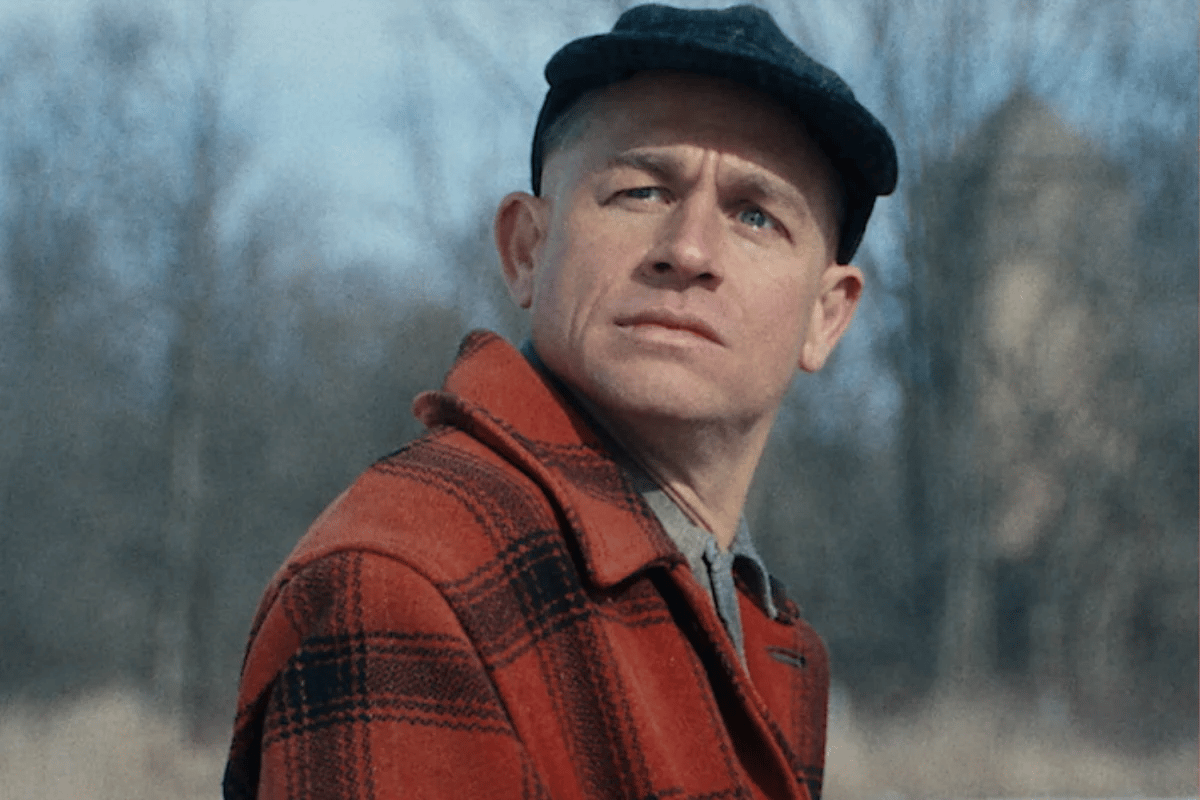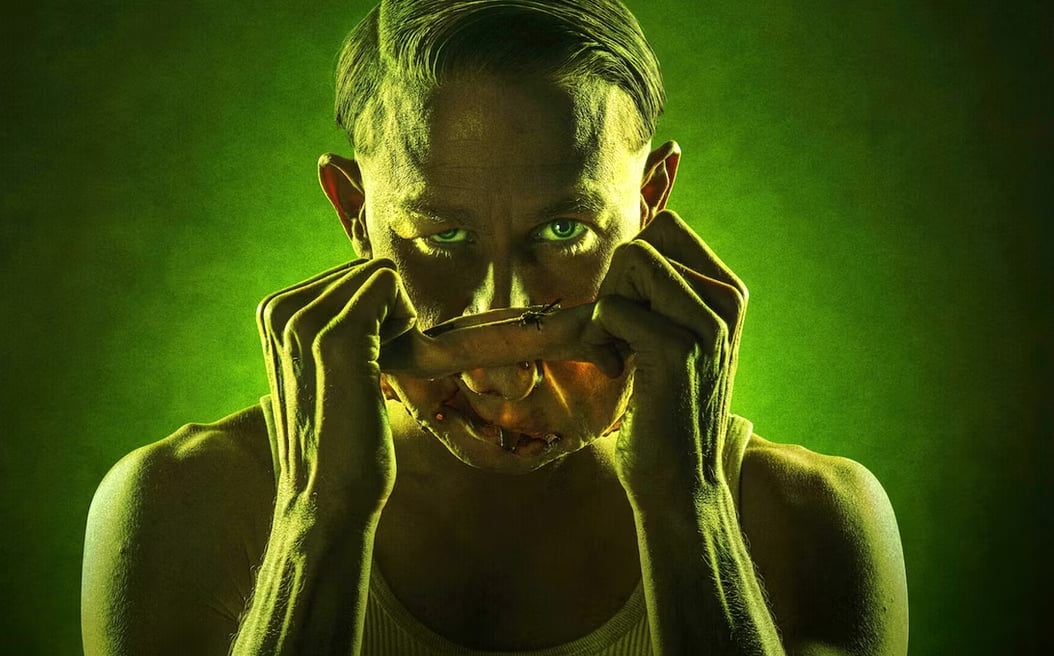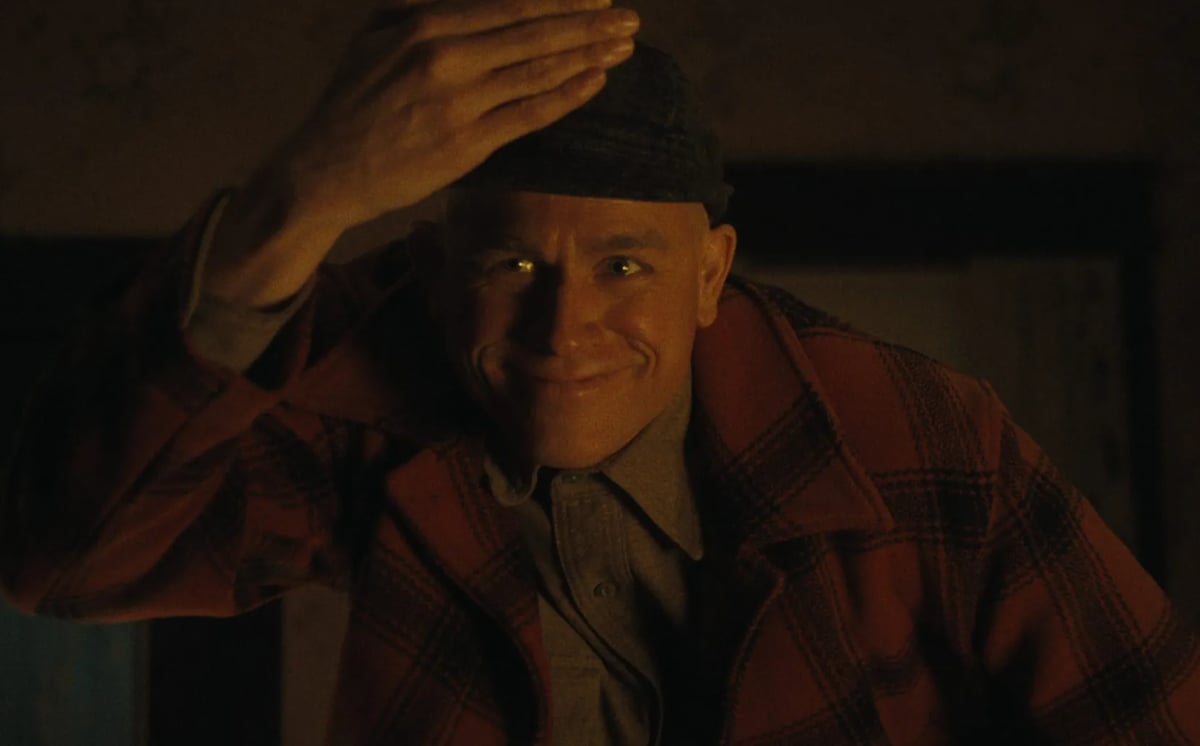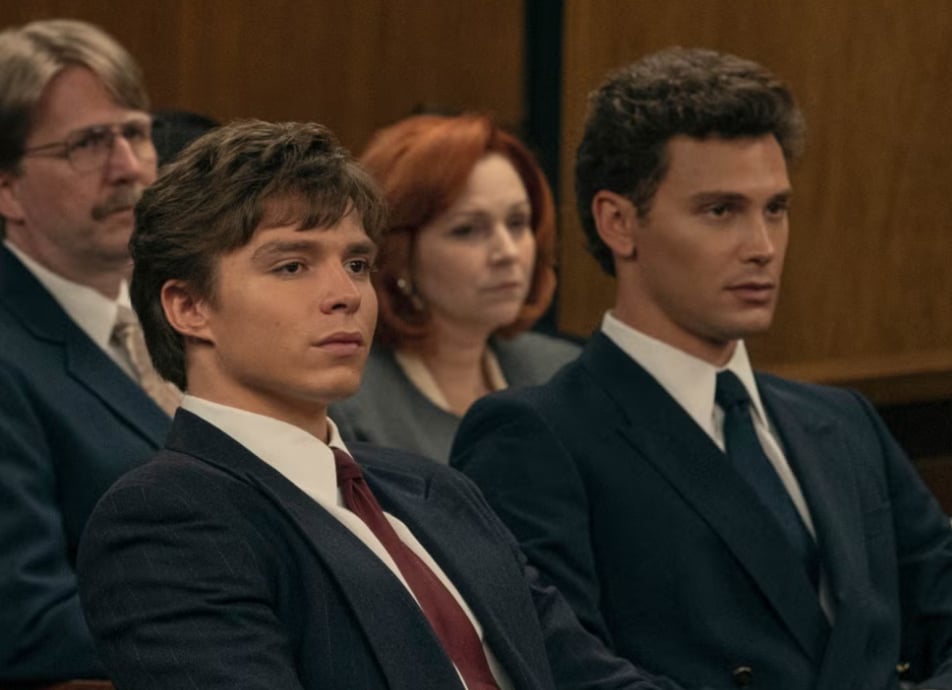
Netflix has unleashed its latest grisly figure in its popular Monster anthology. The series is — by far — the most disturbing yet, but it's also the worst of the trilogy.
The Monster series, created by Ryan Murphy and Ian Brennan, dramatises the lives of notorious killers. Season 1 focused on serial killer Jeffrey Dahmer (Evan Peters) and Season 2 covered Lyle and Erik Menendez (Nicholas Alexander Chavez and Cooper Koch), two brothers who murdered their parents.
Monster: The Ed Gein Story explores the life and crimes of the Butcher of Plainfield, a soft-spoken oddball who, in 1950s Wisconsin, was found to have committed the most depraved and macabre acts imaginable, which inspired cinema's most disturbing horror villains.
Sons of Anarchy hunk Charlie Hunnam plays Ed Gein, a man dominated by his fanatically religious mother, Augusta, played by Lady Bird's Laurie Metcalf. The cast also features fictionalised versions of his girlfriend Adeline Watkins (Suzanna Son), babysitter Evelyn Hartley (Addison Rae), famed director Alfred Hitchcock (Tom Hollander) and Vicky Krieps as real-life Nazi war criminal, Ilse Koch.
Watch the trailer. Post continues after video.
Firstly, it must be said that Hunnam's performance is astounding — this role clearly took over his life, as the actor has admitted he listened to hours of recordings to nail Gein's softly spoken voice. And yep, it works.

































































































